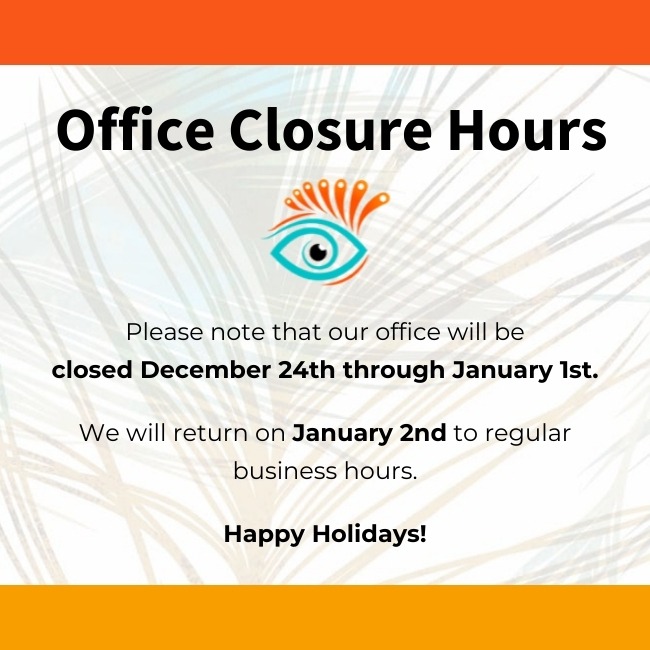It’s SUMMER! (Alexa, play Danza Kuduro. 😎) It’s that magical time of year when we in the Great White North leap headfirst into our seasonal reprieve before the snows of autumn are upon us. We love our lakes, camping and outdoor cooking, to say nothing of a good bonfire with friends.
Another benefit of this golden season is busting out all our favourite sunnies for all those epic summer selfies. But not all sunglasses are created equal, and there’s some important things to consider when choosing your summer eyewear. In this post, we’ll explore the tricky relationship between our peepers and UV light.

Don’t Our Eyes Need UV Light?
You’ve probably heard this before. And it’s somewhat legit: our eyes need regular exposure to natural light for ongoing healthy development, however, the sun’s UV rays are another matter entirely. When we say that our eyes need natural sunlight, we mean indirect sunlight, provided by being outdoors with responsible protection such as polarized sunglasses, hats, shade, and even cloud cover.
Besides offering protection from various diseases, including some cancers and even diabetes, regular time outside also contributes to creating Vitamin D, stimulating dopamine, influencing circadian rhythms and immune response, and forming serotonin, among other benefits.
A Quick Note on Blue Light
It’s more likely that you’ve heard your eyes need blue light, and this is true—to an extent. Blue light does appear naturally in the sunlight spectrum, and in this form it can contribute to alertness, brain function, memory retention, and even boost your mood. However, it doesn’t cancel out the dangers of UV light exposure, which we’ll get into in the next section, or the dangers of the blue light emitted by electronic screens, which we’ll get into in another post.
What’s Really at Risk?
So we know that prolonged sun exposure can lead to sunburns and the potential for skin cancer, but what does it really do to our eyes?
It really causes cataracts (clouding of the eye’s natural lens), corneal damage, eye cancers and skin cancer around the eyes, macular degeneration (caused by damage to the retina), photokeratitis (also known as corneal sunburn or “snow blindness” in the winter, a potentially painful condition caused by high UVB exposure), photophobia (severe light sensitivity), and pterygium (also known as Surfer’s Eye, a fleshy tissue growth on your eyeball—yum), just to name a few.
UVA and UVB rays from the sun carry many potential dangers for our sensitive eyes (shout-out to our exhausted ozone layer for intercepting those UVC rays). These forms of solar radiation can cause significant damage, and they don’t discriminate based on age—everyone from children to seniors are at risk of developing eye conditions and diseases from prolonged UV exposure. Those with lighter coloured eyes are at an even higher risk, as their eyes have less pigment protecting them.
Direct sunlight isn’t the only factor to watch for—UV radiation can come at us from reflective surfaces as well, such as the ground, water, or metallic/shiny/bright surfaces. If it makes you squint, it’s hurting your eyes.
As I’m sure you can now see (lol), it’s beyond important to protect your eyes and skin from the sun. You may think sunglasses are an easy and obvious fix, but it’s important to note that not all sunglass lenses are created equal.

Tinted vs. Polarized
Just because your sunnies have dark lenses, doesn’t mean they’re doing their job of protecting your eyes from the sun. Tinted lenses do not equal UV protection. In fact, some tinted lenses without UV protection can actually be more dangerous, because the darkness they create in front of your eyes can cause your pupils to naturally dilate, allowing more UV light to reach your retinas. If you’re unsure of the UV coating of your sunglasses, pair them with a wide-brimmed hat to offer additional protection.
It’s worth noting that there are some tinted lenses that do offer UV protection, but they don’t protect against regular glare from surfaces, and sketchy marketing practices can be dishonest in their UV protection claims. Always be sure to find out how much protection you’re actually getting, and purchasing your sunglasses through a registered optician or optometry office vastly improves your chances of getting quality lenses that do their job.
What’s So Special About Polarized Lenses?
Polarized lens technology goes beyond basic brightness reduction. In addition to protecting your eyes from harmful UV radiation, proper polarization also protects against natural glare caused by water, snow and other reflective surfaces, as well as reducing eye strain and enhancing overall visual clarity. They’re especially beneficial to those with an active outdoor lifestyle, those who drive regularly, and those who live near water or frequent snow exposure.
Interestingly, the only people who don’t benefit from polarized lenses are pilots. Pilots need to be aware of their surroundings up to and including reflective glare, as it allows them to see when another aircraft is approaching. Additionally, their cockpit’s electronic screens are LCD and emit polarized light. This means that polarized lenses would cancel them out and the screens would appear black and empty. (If you’ve ever worn polarized sunglasses at a gas pump, you may have experienced this!)
What About Transitions?
Transitions are lenses with light intelligent UV-reactive technology that automatically adapt to the surrounding light exposure. They darken outside to protect your eyes from UV rays, and return to clear lenses indoors where tinting isn’t needed. These kinds of lenses can be incredibly convenient, eliminating the need for multiple pairs of eyewear. However, you’ll need to be comfortable with the lenses always darkening outdoors (something to consider if you intend to wear your glasses for any outdoor photo opportunities). And while previous incarnations of Transitions weren’t effective while driving (due to the UV blockers in automotive windshields), the technology has since been updated to transition while driving (yay!).
A Rainbow of Possibilities
With advances in lens technology has also come advances in lens colour options. In addition to traditional black (grey), brown and green lenses, many labs offer varying shades of purple, pink, blue and gold, with optional gradient blends and flashy mirror tinting. Even Transitions are available in a variety of fun colours now! It’s easier than ever to express your personality through your favourite eyewear.
It’s important to note that lens tints do not “block” incoming light, they absorb it, so lighter colours with UV protection can still be less effective if you’re trying to protect your eyes from bright sunlight. Also be aware that the tint of your lenses will affect your vision. Make sure you’re comfortable and can clearly see what you need to while wearing them. For example, grey lenses are neutral and have the least impact on the way you perceive colours through them. Brown lenses cause everything to appear warmer, and yellow lenses enhance contrast and depth perception.
Explore and see what works best for you!

Best UV Protection for Your Eyes
Proper polarization offers the best protection from sharp light, but they don’t always work for everyone’s lifestyle. Always make sure that no matter what, you’re getting 99-100% UV protection, even without polarization.
If your sunglasses don’t wrap (curve close to your face, creating as little space as possible between your skin and sunglasses), consider wearing a wide-brimmed hat on particularly sunny days to offer your eyes (and skin) some extra protection.
Say it with me: S! P! F! Sunscreen is a must under our deteriorating ozone layer. Using a minimum SPF of 30 is essential to protecting your skin from harmful UV rays, no matter how “tough” you think your skin is. And the skin around your eyes is the most sensitive of all. If regular sunscreen is too thick or oily for your face, there are many options for facial SPF that are lighter and creamier but still effective. There are even tinted moisturisers and foundations with SPF that offer additional protection. (Hot Tip: Shelburne Optometry sells some!)
Final Thoughts
As with all the posts I write, I always want our readers to be aware of what a gift their vision is, and I enjoy sharing information that allows them to preserve that gift as best they can.
Many of us have annoying memories of our parents chasing us with sunscreen and forcing fluorescent coloured bucket hats onto our heads (bonus points if you survived the chin ties). As much as you may think you’re too cool for sunscreen now, I promise skin cancer doesn’t care how cool you are.
Taking these precautions (sunglasses, hats, SPF) does wonders for extending the overall health of your eyes. You’ll optimise your vision and dramatically reduce your risk of many eye conditions and diseases. That means making clearer memories you can hold onto for much longer.
At Shelburne Optometry, not only do we offer a rather enormous collection of sunglass options (including Ray-Ban, Oakley, Gucci, Maui Jim, Kate Spade and many more!), we also offer sun care products created with ocular health in mind. Pop in for a visit and let’s help you enjoy this summer seeing, looking, and feeling spectacular. 😎
Wishing you all the best in wherever your path takes you today,
Sydney










